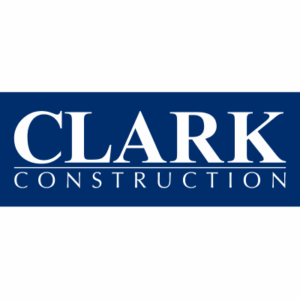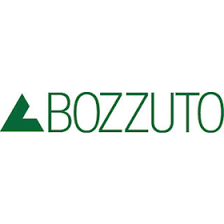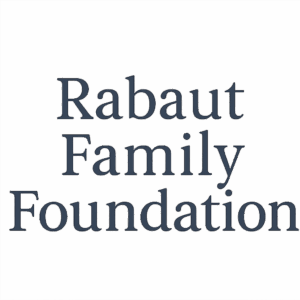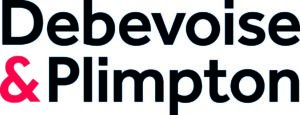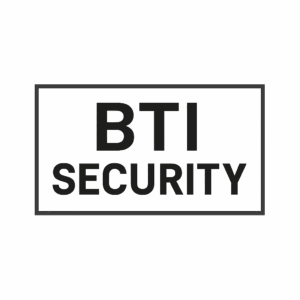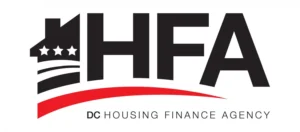The following blog text is from testimony provided by SOME for the Fiscal Year 2021 (FY2021) Department of Behavioral Health Budget Oversight Hearing
Greetings Chairman Gray and Members of the Committee:
My name is Betty Gentle. I am the Senior Advocacy and Community Engagement Specialist at SOME, Inc. (also known as So Others Might Eat) and a Ward 5 resident. Thank you for the opportunity to submit this testimony to the Committee on Health for the Department of Behavioral Health Fiscal Year 2021 Budget Oversight Hearing.
SOME is a member of the D.C. Behavioral Health Association and supports the recommendations presented by the association today.
To fulfill SOME’s mission of eradicating homelessness, we quickly learned that offering services that give residents the opportunity to address their behavioral health needs was a necessity. Our partnership with the Department of Behavioral Health (DBH) helps makes this possible. So, when DBH’s budget falls short, it impacts the provider community, and most importantly, it puts residents at risk of not being able to get the services that they need.
We are asking the Council to not simply seek a balanced budget but to prioritize D.C. residents and equity as you consider making changes. SOME supports the Mayor’s vision of health, opportunity, prosperity, and equity for all D.C. residents, and we ask that this Committee form a DBH budget that actually supports that vision of hope.
Dr. Martin Luther King Jr. once expressed that, of all forms of inequality, injustice in healthcare is the most shocking and inhumane.
1. Health inequities in D.C. literally cause residents in predominantly black and low-income Ward 8 (72) to die, on average, 15 years sooner than a resident in predominantly white and affluent Ward 3 (87).
2. Though these disparities have always existed, conversations about health equity are growing as we continue to lose a disproportionate amount of our Black neighbors to COVID-19.
Increasing access to quality behavioral health services should be a part of this conversation and is a part of the solution. However, instead of a budget that supports growth in services and one that supports the providers who are in the community serving each day, meeting consumers where they are, DBH’s budget proposes cuts ($4.4 million cut to local dollars, a $5 million cut to the Medicaid local match, which is a spending reduction of $16.7 million) that equate to a distressing $21.1 million in local and Medicaid service spending for community-based services. This budget puts providers at risk of being forced to cut services and staff and thus serve even fewer people than they are currently serving in the current fiscal year.
These cuts are proposed while people are experiencing a multitude of traumas: D.C. residents have been forced into isolation for their safety from a virus, have struggled to homeschool their children and fear their efforts have fallen short, have become one of the tens of thousands of D.C. residents that are now unemployed, have no idea how they will catch up on rent and utilities once the public health emergency ends, have watched yet another video of a Black person die at the hands of state-sanctioned violence and have experienced fear for their own Black life or the Black life of a loved one.
These are only some of the current stressors that threaten the mental stability and the sobriety of many residents. Even before this pandemic, 20% of Black D.C. residents already reported fair or poor mental health, compared to 4% of White residents, and that number has likely grown.
3. Equity cannot simply be a buzzword.
It must become an intentional process and outcome measure. And with DBH reporting that 75% of its mental health consumers and 87% of substance use disorder consumers identify as Black, it is likely that a loss in services will be most harmful to Black D.C. residents.
4. SOME does not disagree that spending should shift from payment for volume to payment for value.
However, no data is given to support the assumption that providers are spending too much. We call for DBH to better assess and collaborate with the provider community and consumer advocates to address desired changes without imposing an immediate impact on patient services, as well as to create a comprehensive implementation plan before any changes are made.
5. Last, SOME also asks that the Committee consider a possible second wave of coronavirus when reviewing DBH’s budget.
We certainly hope we have made it through the worst of it, but we cannot ignore the possibility. Providers have already incurred several financial costs to ensure that our clients are able to continue accessing services and will need to continue purchasing PPE, even more sanitation supplies and cleaning services, etc., to offer services as safely as possible as the city embarks on reopening. These ongoing expenses should be considered for DBH’s budget in support of providers. We are thankful for the expansion of telehealth services and encourage the continuance of these changes after the public health emergency ends.
SOME appreciates the opportunity to offer these comments, and we are grateful for the role we play in helping our neighbors stabilize their mental health and heal from drug abuse with respect and dignity.




